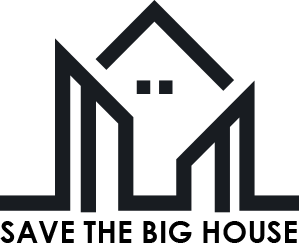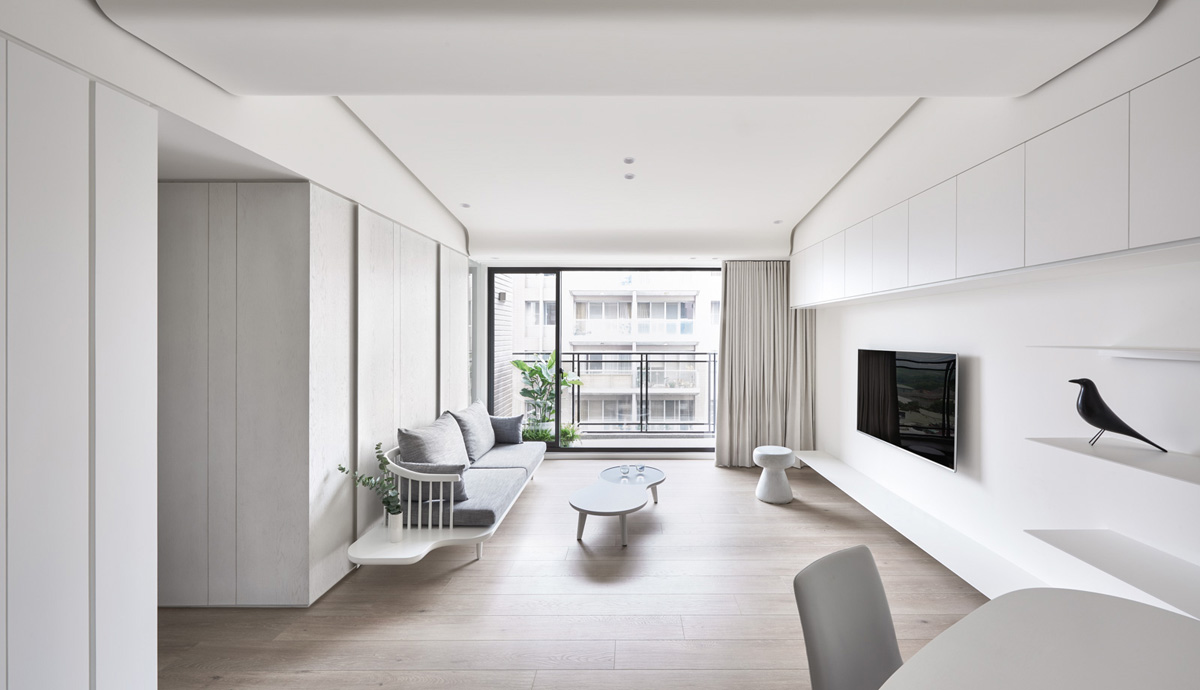
Top facility management companies in Singapore are quietly orchestrating one of the most profound workplace transformations in the city-state’s modern history, yet behind their corporate achievements lies a complex narrative of human struggle and technological disruption in a nation where progress never sleeps.
In Singapore’s towering office complexes, a different story unfolds each morning, the invisible workforce that keeps this USD 3.65 billion industry running. The cleaners who arrive before dawn, maintenance technicians navigating building systems, and facility managers balancing human needs against automation.
The Titans of an Invisible Empire
Singapore’s facility management landscape is dominated by industry giants whose influence extends far beyond the buildings they manage. These market leaders have carved out territories within the commercial sector, which holds approximately 37% of the market share.
The scale is staggering. Leading providers oversee thousands of properties, managing everything from basic maintenance to sophisticated AI systems that predict equipment failures before complaints arise.
Yet these organisations face a fundamental paradox. “The scarcity of skilled personnel and employee retention issues among blue-collar workers remain challenges,” revealing that facility management remains profoundly human work.
The Technology Revolution’s Double Edge
Premier facility management corporations in Singapore are implementing “intelligent integrated facilities management platforms.” These systems incorporate 5G networks, digital twin technology, and AI into seamless operations.
For building occupants, these innovations provide:
-
Predictive maintenance that prevents elevator breakdowns before they occur
-
Smart environmental controls that adjust lighting and temperature based on occupancy patterns
-
Automated service requests that can diagnose and dispatch repairs without human intervention
-
Real-time monitoring systems that track everything from air quality to energy consumption
But behind every efficiency gain lies a human story. The night-shift cleaner whose rounds are tracked by sensors, the maintenance supervisor learning digital dashboards instead of relying on decades of intuitive knowledge, the security guard managing complex technological systems.
The Workforce at the Crossroads
Singapore’s top-tier facility management enterprises are grappling with “workforce resistance, skill gaps, and legacy systems.” The industry faces mounting pressure from technological change while confronting severe labour shortages.
The human cost manifests in countless moments. The experienced technician nearing retirement must master tablet-based systems. The young graduate with technological fluency but lacks knowledge of how buildings behave during Singapore’s thunderstorms.
Excellence in facility management services in Singapore demands workers who bridge multiple worlds, technological and traditional, digital and tactile. Yet “increased costs associated with minimum wage hikes… exacerbate these issues further.”
The Sustainability Imperative and Human Response
Leading facility management specialists in Singapore have embraced sustainability as a competitive necessity. Green transformation touches every workforce level:
-
Energy managers who monitor consumption patterns intensely
-
Waste management coordinators designing circular economy programmes
-
Sustainability consultants helping achieve LEED certifications
-
Building automation specialists fine-tuning systems for minimal carbon footprints
The sustainability push creates new pressures. Workers must master complex recycling systems beyond basic protocols. Maintenance teams must optimise equipment for energy efficiency, not just repairs.
The Healthcare Sector’s Unique Demands
The healthcare segment dominates Singapore’s facility management market for reasons that extend far beyond simple square footage. Hospitals, clinics, and medical research facilities require a level of precision and reliability that pushes facility management to its absolute limits.
In healthcare environments, facility management transcends routine maintenance to become life-and-death critical. Air filtration, preventing infection transmission, backup power for life support, and waste management for hazardous materials each represent a vital healthcare delivery link.
Healthcare facility management demands workers who navigate stringent regulations while maintaining emotional intelligence in environments where human suffering and healing intersect.
The Future of Work and Human Dignity
As Singapore’s facility management sector continues its relentless evolution, the industry’s leaders face questions that extend far beyond operational efficiency. How do you maintain human dignity in increasingly automated workplaces? What happens to workers whose skills become obsolete not through any failing of their own but through the march of technological progress?
Elite facility management organisations in Singapore are pioneering approaches that attempt to balance efficiency with empathy. This includes investment in extensive training programmes, career development pathways that help workers transition into technology-enhanced roles, and recognition that the most sophisticated building management systems still require human judgement, creativity, and care.
The industry’s commitment to “human-centric FM” reflects an understanding that buildings are not merely collections of systems to be optimised but complex environments where people spend the majority of their waking hours. The quality of facility management directly impacts worker productivity, health, and well-being.
The Invisible Thread of Urban Life
As Singapore continues its transformation into a smart city, facility management companies have become the invisible thread connecting urban life’s disparate elements. They manage not just buildings but the quality of urban experience itself.
These organisations understand that their work touches every aspect of city life, from the office worker who takes for granted that elevators will function reliably, to the hospital patient whose recovery depends on meticulously maintained environmental controls, to the student whose learning environment is shaped by everything from lighting quality to air circulation.
The true measure of top facility management companies in Singapore lies not in their technological sophistication or market share, but in their ability to enhance human flourishing while navigating the complex challenges of a rapidly changing world.

